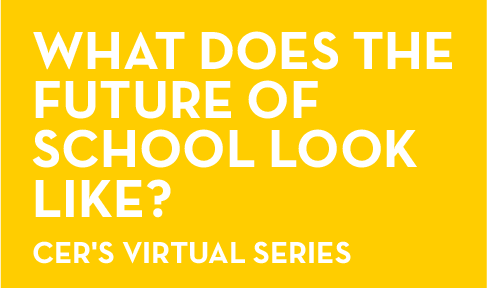Do Charter Schools Work?
Yes. In addition to the positive pressure they put on the public school system as a whole, charter schools satisfy and serve their primary constituents (teachers, parents, and students) by providing exciting and viable new education in an inclusive, individual manner. Harvard University Professor and Economist Caroline Hoxby recently released a study called “A Straightforward Comparison of Charter Schools and Regular Public Schools in the United States.” The study compared 4th grade students in charter schools with 4th graders in the public schools that the charter students would go to absent the charter option and made several important conclusions:
- Compared to students in the nearest regular public school, charter students are 4 percent more likely to be proficient in reading and 2 percent more likely to be proficient in math, on their state’s exam.
- Compared to students in the nearest regular public school with a similar racial composition, charter students are 5 percent more likely to be proficient in reading and 3 percent more likely to be proficient in math.
- In states where charters are well established, such as Arizona and California the advantage tends to be greater.
The “Ripple” Effect: Conventional public school districts often view charter schools as a threat but time has shown that these new schools can serve a valuable teaching role. Increasingly, members of the traditional public school system are turning to charter schools for examples of “best-practices” regarding everything from curriculum to staffing and teacher retention. The attitudes of leading administrators in the conventional public school system are also changing. Instead of viewing charter schools as nuisances many realize the need for improvement spurred on by charter schools.















